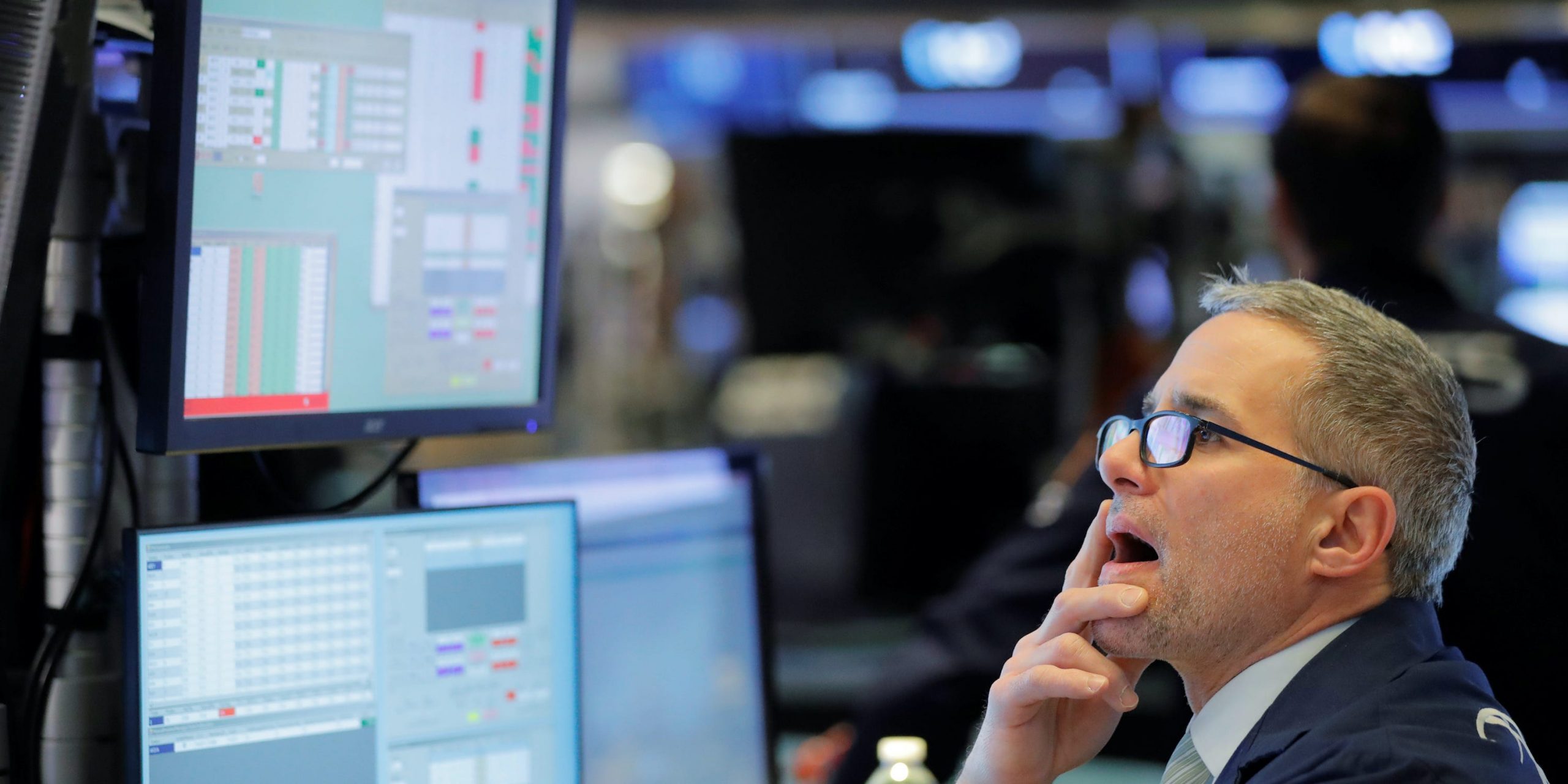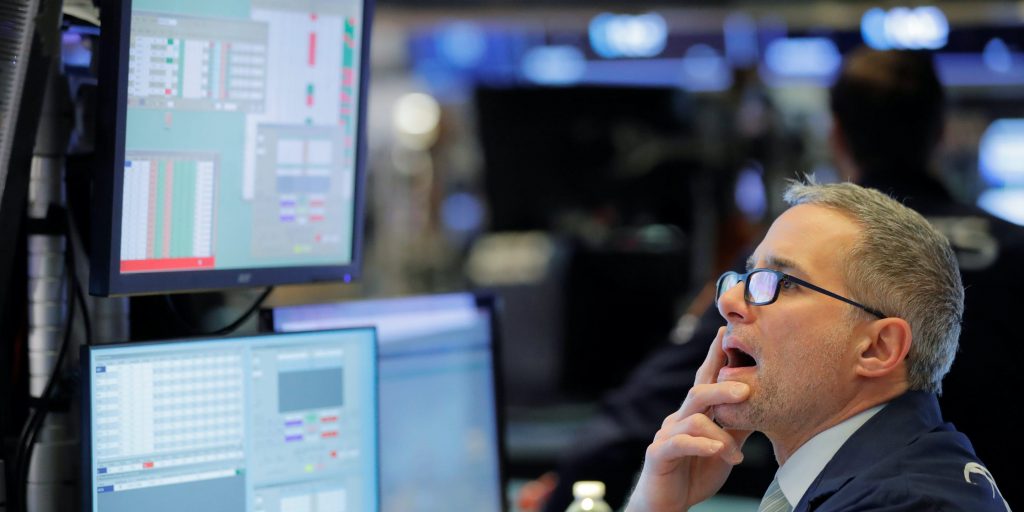
- Morgan Stanley's Lisa Shalett doubled down on her call that the S&P 500 is due for a 10%-15% correction before year end.
- The benchmark index hasn't seen a correction greater than 10% since March 2020.
- But Shalett warns the continued strength of the market indicates stocks have not repriced risk in any meaningful way.
- Sign up here for our daily newsletter, 10 Things Before the Opening Bell.
US stocks are vulnerable and need a correction to reposition for higher inflation and higher interest rates, Morgan Stanley's Lisa Shalett said.
In a Tuesday note, the chief investment officer of the firm's wealth management division reiterated her call that the S&P 500 is due for a correction of 10%-15% before the end of the year.
The benchmark index hasn't seen a correction greater than 10% since the start of the pandemic in March 2020. Since then, it has continued to grind higher, with the S&P 500 notching 54 record highs over the course of this year.
But Shalett warned that the continued strength of the market isn't constructive, and instead indicates that stocks have not repriced risk in any meaningful way.
As the S&P 500 has surged, COVID-19 hospitalizations have ticked higher, consumer confidence has plummeted, geopolitical tensions in the middle east have risen, and the Federal Reserve has ramped up its talk of tapering asset purchases and raising interest rates, she said.
"While we see the economic cycle and the bull market remaining intact, we think a correction is necessary to restore risk premiums and preserve forward returns for selective and active stockpickers," said Shalett. "The broad index needs to pause, consolidate its historic run and position for lower liquidity, higher real interest rates and higher inflation."
The CIO explained that what's really driving the market's current upward movement is investor faith that the Federal Reserve will delicately adjust its monetary policy without making any mistakes.
"Increasingly, we see this market's relentless rise as a product of masterfully nuanced communications from the Federal Reserve and, in particular, Chair Jerome Powell," said Shallet.
The August Jackson Hole meeting was expected to shed light on the Fed's timeline for tapering, but was light on specifics. Shalett said the policymakers were successful at reiterating their view that inflation will be transitory, and tapering is not tightening policy.
In reaction to the Fed meeting, "both stock and bond investors cheered, leaving asset bubbles and financial stability concerns be damned," Shalett noted.
Against this backdrop, investors should consider taking profits in index funds now and rebalancing their portfolios towards high-quality cyclicals, especially financials stocks, and dividend paying sectors like consumer staples, consumer services, and health care, the CIO said.

